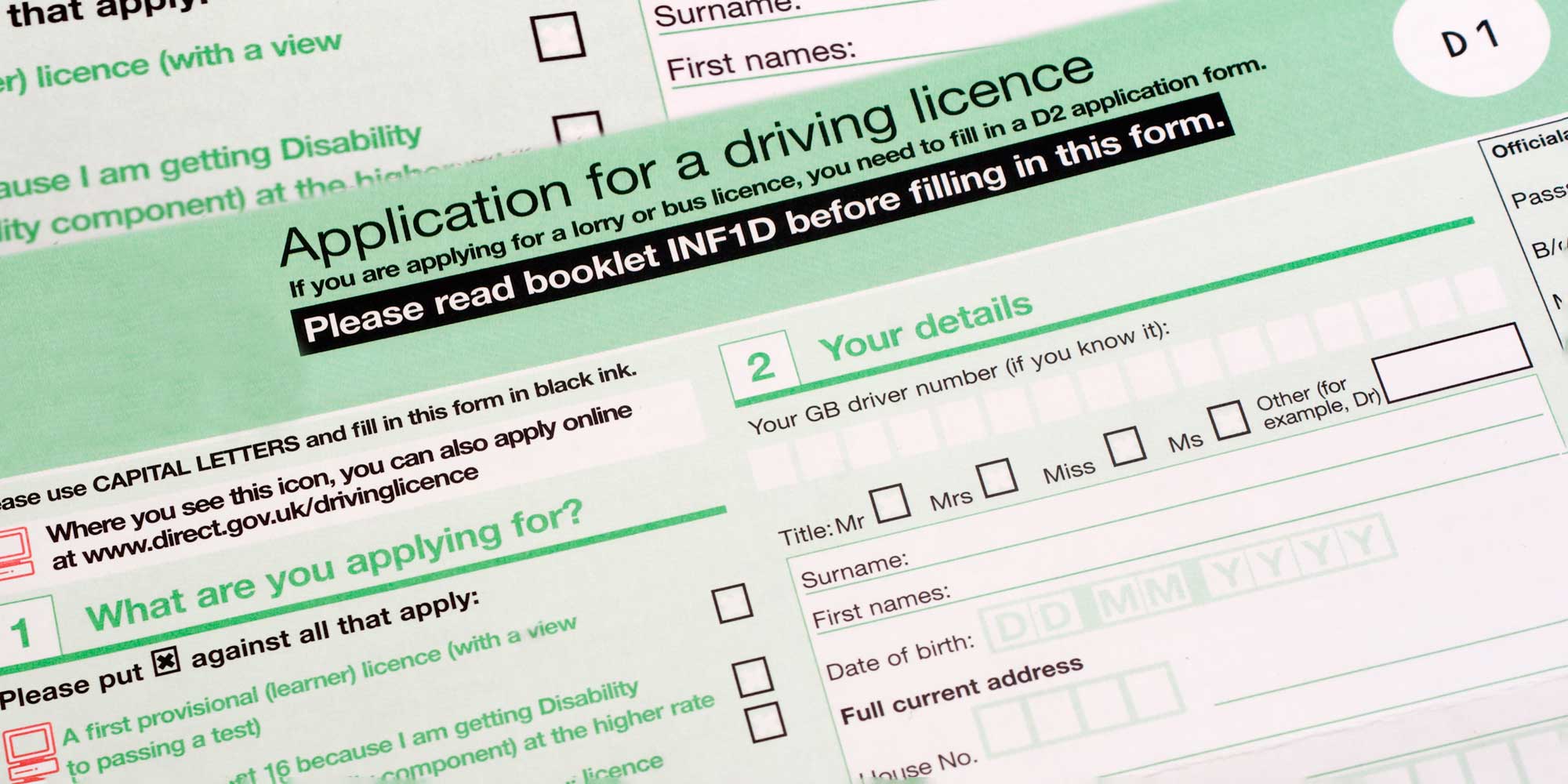Scam watch: 'I used a fake driving licence renewal website'

Dear Which?,
I went online to renew my driving licence. After filling in lots of information, I realised something was wrong when I was asked to pay £65.
I tried to go back to erase details I had given, but the website had closed down.
I gave the website my licence number and expiry date, my passport number and expiry date, my mother’s maiden name, my address and the number of years living here, my mobile phone number and email address.
This personal information in the wrong hands could create all sorts of problems for me. Please advise on what I should do to protect myself.
Name supplied
Sign up for scam alerts
Our emails will alert you to scams doing the rounds, and provide practical advice to keep you one step ahead of fraudsters.
Sign up for scam alerts
Faye Lipson, Which? senior researcher, says:
It’s fortunate that you stopped short of making a payment, thereby guarding your card details.
There remains a real risk of ‘spear-phishing’ attempts, in which the information you’ve shared already can be used to create really convincing fraud attempts targeted at you. For example, a fraudster might pose as your bank or a government body, quoting your information back at you to appear authentic.
You’ll need to be especially cautious of any communication claiming to come from a trusted organisation. Don’t click any links or give away any information until you’ve verified (via a trusted contact method) that the request is genuine.
Another risk is identity theft, in which your details are used to obtain financial products. To guard against this, regularly check your credit report for any accounts or searches on your file that you don’t recognise.
If you're concerned about identity theft, you could get a Cifas protective registration. This service costs £30 for two years’ protection and is a low-cost way of reducing your ID fraud risk. It works by placing a warning flag against your name and details on the National Fraud Database. Any organisation that uses Cifas data will spot this and pay special attention when your details are used to apply for their products or services. This normally means additional checks (which could slow down your genuine applications, too).
As you shared lots of personal information with this website, your other online accounts could be at risk if you’ve used your mother’s maiden name as a security answer. It's worthwhile changing your security details and passwords on those other accounts.
Always ensure you use strong and unique passwords and, where possible, use two-factor authentication.
Genuine government services can be found at Gov.uk. Any other website that offers renewal services is not genuine, and you should be cautious about sharing your details with them.
What to do if you've given details to a scammer
- Contact your bank or card provider if you've lost money or shared any financial details.
- If you shared any login details, you should change the passwords on those accounts immediately.
- Be cautious of any calls, texts or emails that request you log into accounts, share further details or move money.
- Report the scam to Action Fraud or the police if you live in Scotland.
- Report the website to the National Cyber Security Centre.



